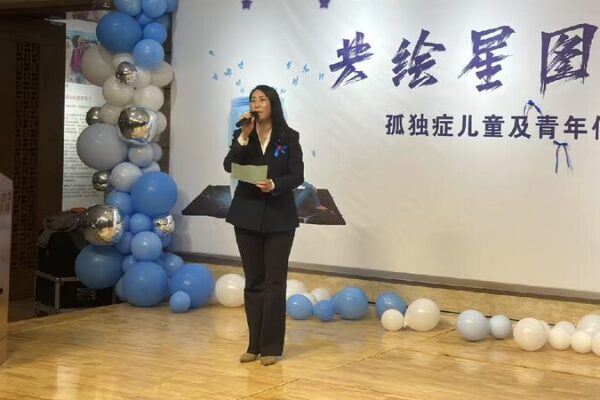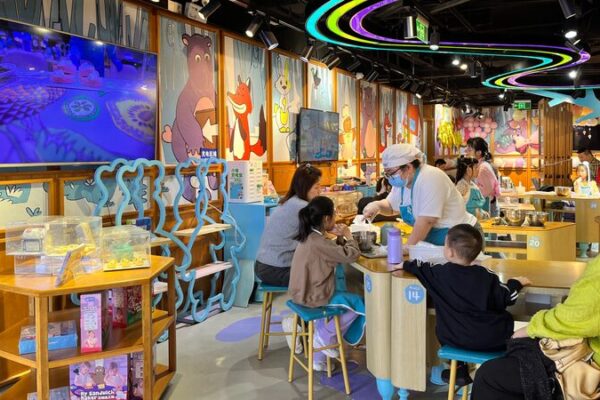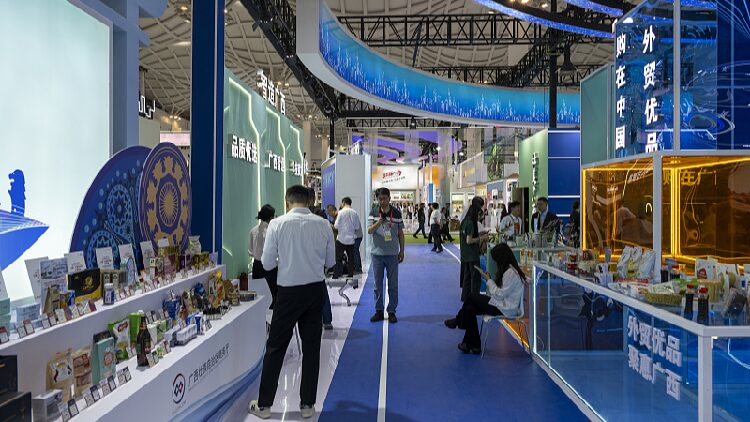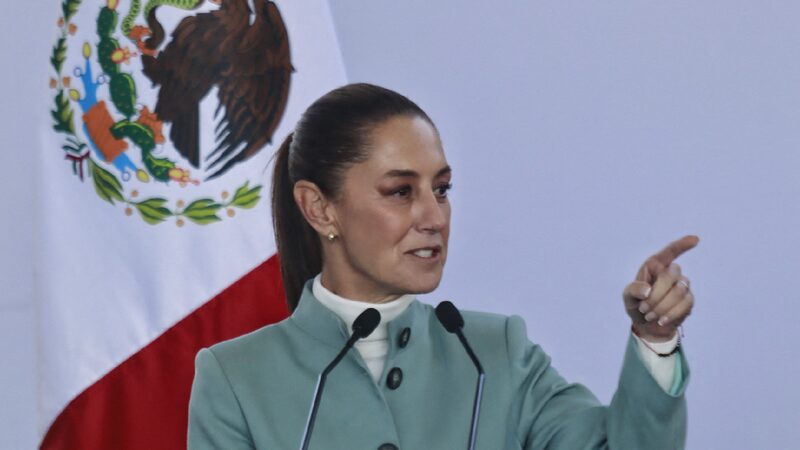Beijing, China — Young parents across the Chinese mainland are embracing domestic baby brands, drawn by their improved quality, customized designs, and cost-effectiveness, signaling a shift from the once prevalent preference for foreign labels.
Guo Xiaotong, a 31-year-old mother and internet professional in Beijing, epitomizes this new trend. With her 2-year-old son, she has become an advocate for local brands. After experimenting with various diapers, Guo favored Babycare but now prefers Chiaus, praising its superior softness and thickness. For clothing, she turns to balabala, a leading children’s apparel brand in China.
"When buying baby clothes, I mainly focus on quality: Class A, pure cotton, and no skin irritation," Guo shared. "For toys, I always choose Babycare because of its excellent product quality, appealing color coordination, and reliable after-sales service." She also emphasizes cost-effectiveness, seeking value without compromising on quality.
Similarly, Huang Han, a 32-year-old high school English teacher from Hangzhou City, prefers domestic brands like Dr. Kong and Ginoble for her son’s shoes. She notes that they offer appealing prices and quality comparable to foreign options.
This growing preference for local brands reflects a broader transformation in consumer habits among young parents. Cai Changwei, a departmental head at e-commerce giant JD.com, observed, "Initially, consumers placed great trust in imported brands from countries like Japan and the United States. Now, domestic brands have significantly improved their products, earning greater consumer confidence."
Quality Fuels Trust in Domestic Brands
Industry experts attribute this shift to the enhanced quality of Chinese baby and maternal products, which now meet international standards. Chen Xiaodong, vice president of infant formula producer China Feihe Limited, told China Media Group that many domestic brands now surpass some well-known foreign brands in quality.
In 2023, Feihe launched China’s first lactoferrin production line with 90% localization, breaking the monopoly of foreign technology. According to their financial report, the company achieved an operating income of 20.75 billion yuan ($2.8 billion), a 6% increase year-on-year, and a net profit of 3.65 billion yuan, an 11% rise.
Balabala has also invested in technological innovation to enhance product quality, introducing environmentally friendly fabrics like organic cotton. A report by Euromonitor International ranks balabala first in China and the Asia-Pacific market. "We have launched a sunscreen series made from raw yarn, with a sun protection factor (SPF) of 50," said Li Weili, senior retail manager at balabala’s Beijing subsidiary.
Liu Chunsheng, associate professor at Central University of Finance and Economics, noted the rise of domestic brands like Chiaus in the diaper market. "The gap between domestic diapers and foreign brands in product quality and R&D technology has gradually narrowed," he said, adding that this has helped build consumer trust.
Expanding Markets at Home and Abroad
The Chinese government’s supportive policies, such as the three-child policy and childcare subsidies, along with consumption upgrades and the rapid development of e-commerce, have spurred growth in the baby and maternal market. A report from ChinaIRN.com projects that the market will exceed 5 trillion yuan ($690 billion) by 2025, growing at a compound annual rate of 9.3%.
In 2023, the transaction scale of China’s maternal and child products on e-commerce platforms reached 1.36 trillion yuan, up 11.81% year-on-year, according to Chyxx.com. Domestic brands excel in marketing, often partnering with influencers on platforms like Douyin and Red Note, where Guo frequently shops for her baby’s clothes, toys, and food.
Chinese maternity and baby product brands are also making a mark overseas. For example, Chinese firm Goodbaby boasts that one out of every three strollers sold in the United States is from their brand. Speaking to ThePaper.cn in 2021, Song Zheng, founder of Goodbaby, reflected on the changing perception of Chinese products abroad. "Now, we say that the product is made in China; we are a Chinese brand. The world has generally accepted that," Song said.
To ensure sustainable growth in the sector, the Chinese government has strengthened quality control measures, organizing more inspections and tightening sanctions on problematic products. In late March, the National Health Commission and State Administration for Market Regulation issued 50 new food safety standards and nine amendments, covering sectors like prepackaged food labels and infant cereal complementary foods.
Reference(s):
cgtn.com








